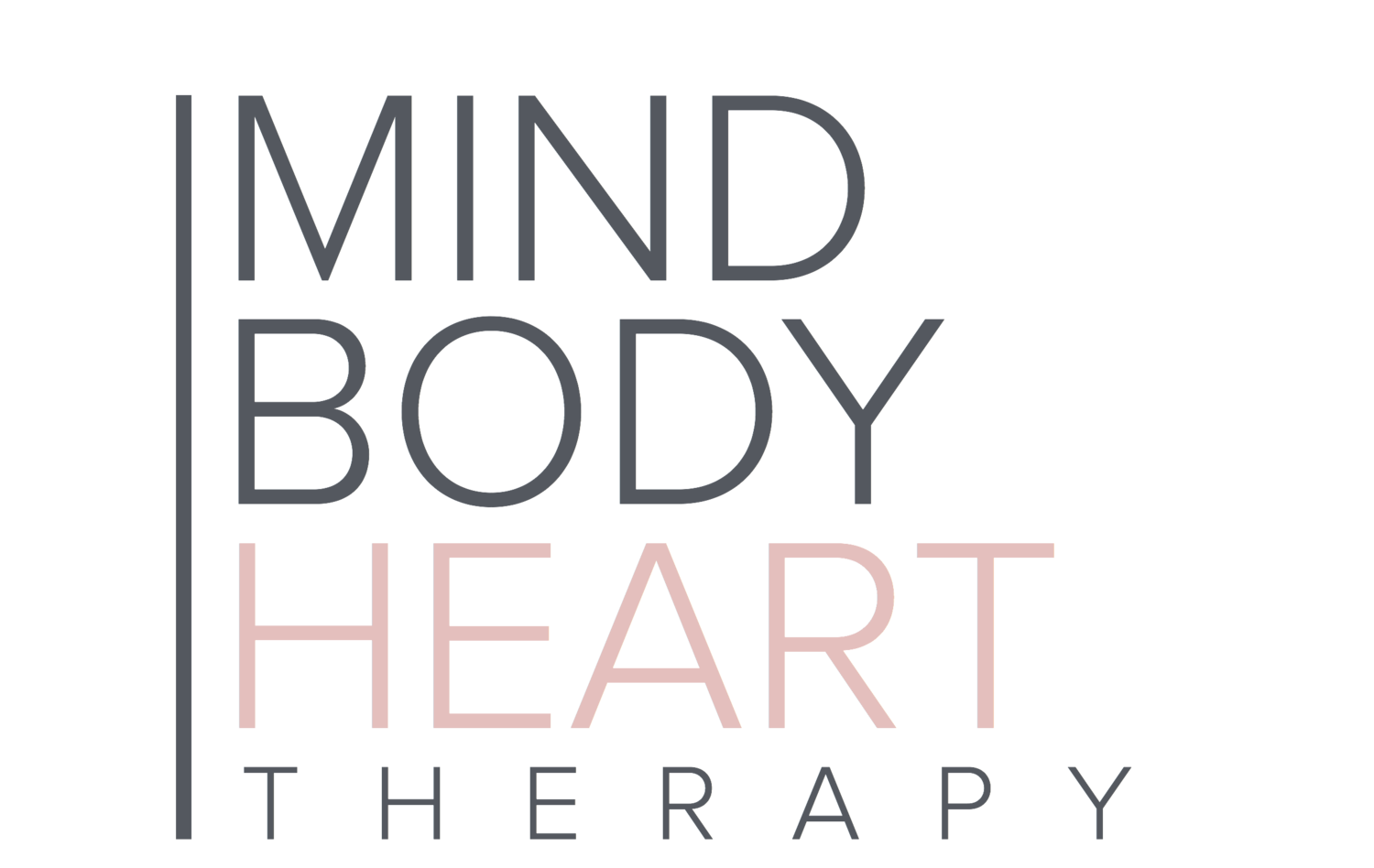“There is nothing more important to true growth than realizing that you are not the voice of the mind - you are the one who hears it.”
People with chronic pain tend to have certain personality characteristics; one of the ones we find most consistently is self-critical perfectionism. You might wonder how this personality trait contributes to chronic pain. Have you ever had a job with a boss that was terrible? One who never said thank you for any of your work, for whom nothing you did was ever good enough, who constantly berated you for each effort that you made? After having several such bosses while practicing law, I noticed that I had a hard time sleeping, that my muscles were constantly tense even when I left work, that I would sometimes feel sick to my stomach or like I had difficulty breathing. Interestingly, the difficult bosses I had during that time were all much, much nicer than the relentless boss I had inside my own head.
Spending days, weeks, months, and years having someone relentless critique, belittle, and verbally abuse you will inevitably result in a nervous system that’s chronically elevated, in muscular tension, and in more depressed and anxious moods states, all of which are the perfect storm for chronic pain.
In order to make chronic pain treatment effective, it is essential to begin changing your relationship with the inner critic inside your head. That critic has served an important evolutionary function over time: 10,000 years ago when our ancestors’ survival depending on being accepted and seen as valuable by the 50-70 other members of the tribe, that inner critic helped keep us alive by ensuring we never relaxed and risked group rejection. Today, the threats that the inner critic is trying to protect against have largely disappeared, but there it is, still trying its best to protect us in its own, misguided little way.
I tell clients that our job is not to get rid of this part of the brain, it’s simply to begin changing our relationship to it so that we don’t take everything it says at face value. I liken it to the movie “A Beautiful Mind.” The film tells the story of the Nobel prize-winning mathematician, John Nash, who suffered from schizophrenia. Throughout the first half of the movie, two characters figure prominently in the narrative, a roommate and a young girl. Only halfway through do we as the audience learn that these people aren’t real, they are delusions induced by schizophrenia. By the end of the movie Nash has figured out how to treat his schizophrenia and in the final scene, again sees the roommate and the young girl and is able to acknowledge them, without getting swept away into the delusion.
We can learn to relate to our inner critic in much the same way through practice. The first step is to simply begin to notice these automatic negative thoughts that the inner critic produces. Does it have a theme in its criticisms? Maybe it tends to harp on your weight, you appearance, your perceived failings as a parent or in your career. You don’t have to do anything yet to begin to change these messages, just begin to pay attention.

